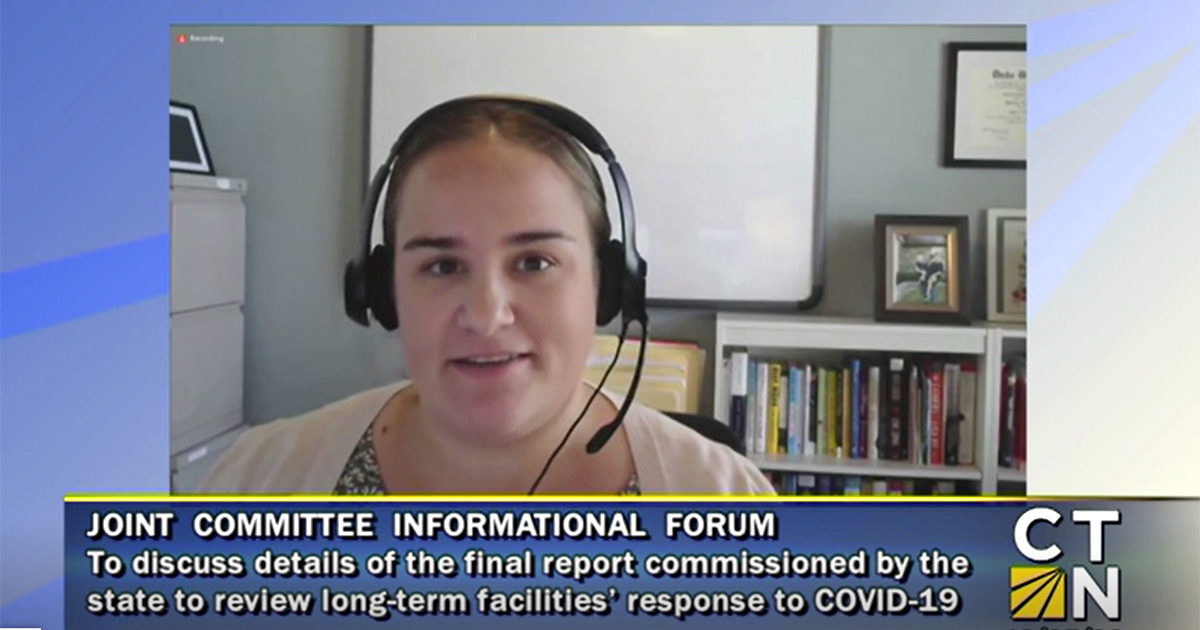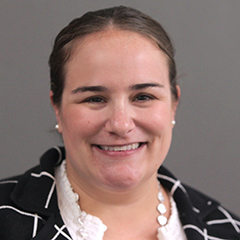Patricia Rowan is a senior health researcher at Mathematica whose work focuses primarily on long-term services and supports, Medicaid, and the Children’s Health Insurance Program. During the pandemic, she has helped conduct timely research on the impact of COVID-19 in long-term care facilities and the implementation of COVID-19 testing in K–12 schools.
All of us at Mathematica have a different story of how we got into this line of work, but I think what connects us is our mission. We want to do rigorous scientific research, and we want that research to help improve people’s livelihoods and well-being. Gathering evidence about how to minimize COVID-19 infections while safely operating K–12 schools and nursing homes is deeply personal for me.
I’m a mother of two, with one son in elementary school and another soon joining him. Similar to many working parents, I’ve watched my older son adjust to an educational environment unlike anything I experienced. He learns while wearing face masks and keeping a safe social distance from other students. And still, the possibility of an outbreak looms.
Pivoting my research to focus on one of the biggest health and social challenges of the day has been immensely rewarding. As a researcher, sometimes it can be hard to see the immediate impact of my evidence-based findings and recommendations. That’s not the case with our work supporting partners such as the Rockefeller Foundation and the state of Connecticut in their response to the pandemic. After Mathematica published a study showing that using rapid antigen COVID-19 tests for routine screening in schools could reduce in-school infections by 50 percent, the Biden administration announced $10 billion to support the expanded use of testing in schools.
And after Mathematica led a project to examine the impact of the pandemic in Connecticut nursing homes, an advisory committee appointed by the governor endorsed most of our recommendations. In fact, in February, the governor included many of those same recommendations in his budget priorities for the 2022–2023 fiscal year. Some of our recommendations have already been implemented. For example, the state followed our recommendation to create a mechanism, such as an online portal, to match staffing needs with potential staff. It also followed our recommendation to prioritize long-term care residents and staff in receiving COVID-19 vaccines.
I’m keenly aware of how fortunate I am to work in an area in which I can see my contributions making an immediate difference in people’s lives. As someone who believes we have a societal obligation to protect the most vulnerable members of our community, including children and older adults, it’s been so fulfilling to generate evidence that can inform ongoing efforts to protect the health and well-being of exactly those populations.



